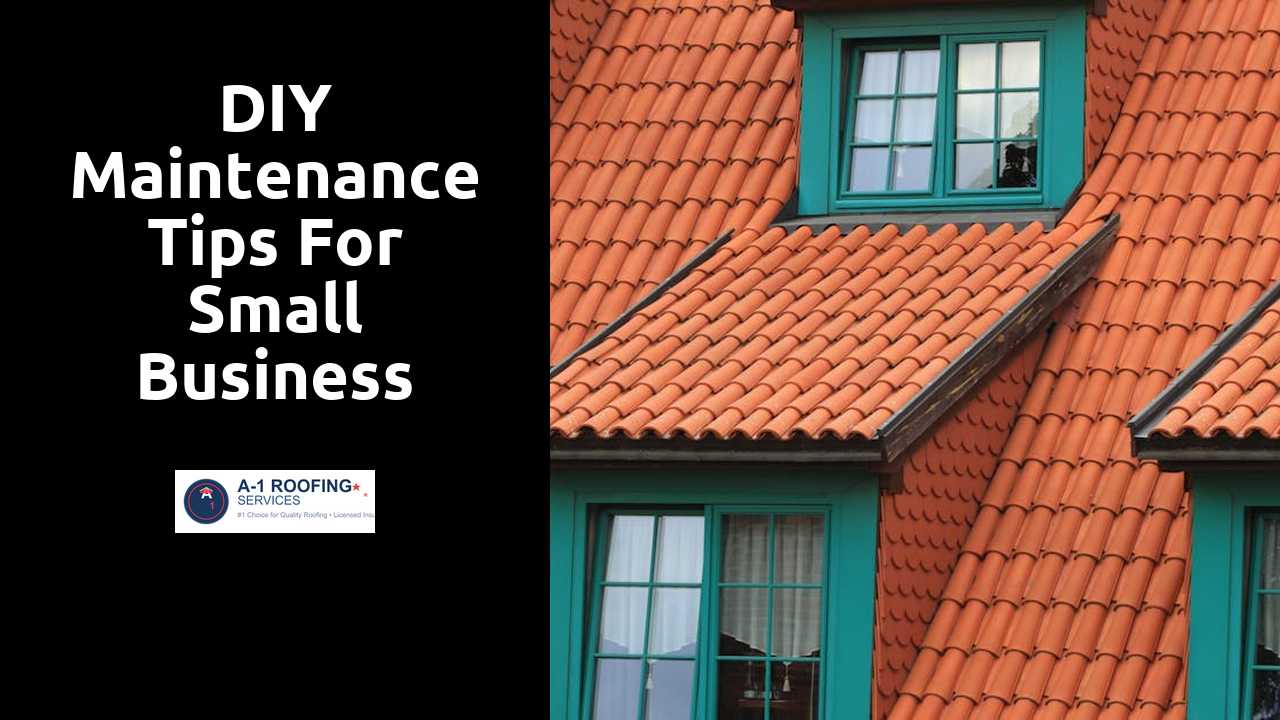
DIY Maintenance Tips for Small Business Roofs
Table Of Contents
Gutter Maintenance for Roof Longevity
Regular gutter maintenance can significantly extend the lifespan of your roof. A well-functioning gutter system directs water away from the foundation and prevents damage caused by standing water. Clogged gutters can lead to overflow, causing moisture buildup that can compromise roofing materials and structure. Therefore, checking gutters for debris such as leaves, twigs, and dirt is essential. This task should be performed at least twice a year or more often in areas with heavy foliage.
Another important aspect is inspecting for repairs and ensuring that gutters are securely fastened. Loose or sagging gutters can fail to channel water efficiently, leading to potential leaks and damage. Proper alignment and secure attachments help maintain the intended flow of water. Consider using a ladder designed for stability while performing these checks. Investing time in gutter maintenance not only helps protect your roof but also enhances the overall integrity of your building.
View this external resource for great tips and advice.
Proper Gutter Cleaning and Repair Tips
Regularly inspecting and cleaning gutters is essential for maintaining a roof’s integrity. Debris can accumulate, leading to blockages that prevent proper drainage. This can cause water to overflow, potentially damaging both the roof and the building's foundation. Cleaning should occur at least twice a year, preferably in spring and fall. During inspection, check for rust, cracks, or separation from the roof, all of which require prompt attention.
For minor repairs, ensure that seams are sealed tightly and fasteners are in good condition. Use a high-quality sealant specifically designed for gutters to prevent leaks. If you notice any sagging areas, it may be necessary to reattach or add additional hangers for support. For extensive damage, replacing sections of the gutter may be more efficient than continual patching. A well-maintained gutter system contributes significantly to the overall lifespan of your roof.
Handling Leaks Promptly
Addressing leaks as soon as they are detected is crucial for maintaining the integrity of your roof. The longer a leak goes untreated, the more damage it can cause. Water infiltration can lead to structural issues, mold growth, and increased energy costs. Ensure regular inspections are part of your maintenance routine so you can catch these problems early. Familiarizing yourself with potential leak sources, such as flashing, seams, and vents, can aid in quicker detection.
When a leak is discovered, it is important to implement temporary solutions until a permanent fix can be arranged. Using roofing tape or tar can provide immediate relief from water entry during a rainstorm. Additionally, placing a tarp over the affected area can protect it from further exposure. Make it a priority to document the location of the leak and any damage to facilitate the repair process later. Taking prompt action not only protects your investment but also ensures a safer environment for employees and customers alike.
Temporary Fixes for Roof Leaks
When faced with a roof leak, swift action is essential to minimize damage. A common temporary fix involves using a waterproof tarp to cover the leak. This method provides immediate protection while you assess the situation more thoroughly. Ensure the tarp is secured tightly with weights or ropes to prevent it from blowing away during inclement weather. In some cases, sealing the area with roofing tape can offer a quick solution by diverting water until a permanent repair can be made.
Another approach involves applying a sealant designed for roofing to small cracks or holes. This can act as a barrier against water infiltration. Before applying sealant, it is crucial to clean the affected area to ensure strong adhesion. Keep in mind that these temporary fixes should not replace professional repairs but can give you the peace of mind necessary to enact a longer-term solution. Regular inspections of the roof and prompt attention to leaks can save time and resources in the long run.
Insulating Your Roof Effectively
Effective roof insulation plays a crucial role in maintaining a comfortable indoor environment while also lowering energy costs. By minimizing heat transfer, proper insulation ensures that your heating and cooling systems operate efficiently. This can significantly reduce energy consumption and enhance the overall sustainability of your business operations. There are various insulation materials available, such as fiberglass, foam board, and spray foam, each offering different levels of thermal resistance and ease of installation.
In addition to energy savings, adequate insulation protects against moisture buildup and the potential for mold growth. Depending on your building’s design, installing a vapor barrier may serve as an effective complementary measure to keep moisture from entering the roofing system. Regular inspections can help identify any insulation issues before they escalate into more significant problems. Investing time in your roof insulation can lead to long-term benefits, creating a healthier work environment for employees and customers alike.
Benefits of Proper Roof Insulation
Adequate roof insulation plays a crucial role in maintaining a comfortable indoor climate. It helps to regulate temperatures by preventing heat loss during winter months and keeping the interior cool during hot summers. This regulation reduces reliance on heating and cooling systems, providing significant energy savings over time. Business owners can benefit from a more consistent environment, which contributes to employee productivity and ultimately enhances customer satisfaction.
In addition to energy efficiency, proper insulation can significantly extend the lifespan of the roof structure. Insulation protects against ice dams and condensation, which can lead to moisture problems and ultimately roof damage. By preventing water intrusion, insulation helps maintain the integrity of roofing materials, reducing repair costs in the long run. Investing in quality insulation can be a proactive strategy for small business owners seeking to protect their assets.
Related Links
Essential Tools for Commercial Roof MaintenanceThe Role of Roof Coatings in Commercial Maintenance